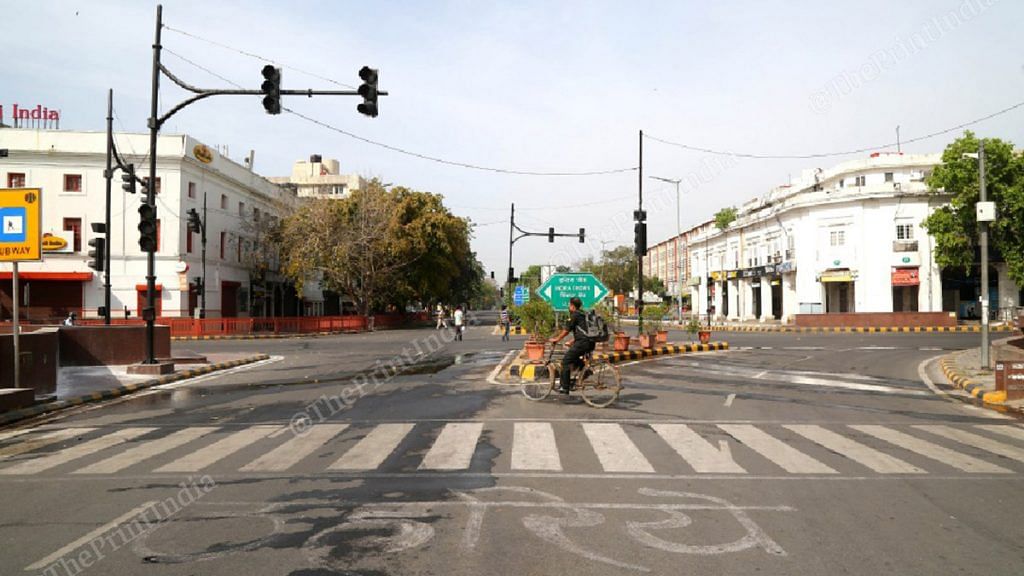Chennai: Sundaram Finance Ltd., an Indian financier for commercial vehicle purchases, predicts some semblance of normalcy will return from September if authorities manage to rein in the coronavirus outbreak and push ahead with an economic stimulus.
Until then, new vehicle sales and loan-book growth will stay muted, Managing Director T.T. Srinivasaraghavan said in a phone interview on Tuesday. His prediction is based on the estimate that any policies to alleviate stress will take about four months to percolate through the economy, and that too only after the government controls new infections.
“It is the big assumption we are making, and hopefully that is the right assumption,” Srinivasaraghavan said. “If things play out, then we expect second-half onward life will return.”
Similar predictions — of a complete washout of the first half of the financial year started April 1 — mean India may be heading toward a rare economic contraction for the coming quarters. Sundaram Finance said the virus and a government-imposed lockdown to contain its spread will hurt asset quality across lenders in the country after sickening more than 2.5 million people and killing 175,000 globally.
The financier is still collating data and declined to forecast the impact on its business. It raised money in recent weeks and Srinivasaraghavan said the company is “comfortable” on liquidity.
While non-bank financiers like Sundaram Finance have been asked to freeze their customers’ loan repayments, the financiers themselves have no such relief from their creditors such as big banks, Srinivasaraghavan said. He added that smaller borrowers may also benefit from the regulator’s decision to offer cheaper cash to umbrella organizations that lend to farmers and rural housing.
Even so, the impact of the virus on the poor of India is keeping Srinivasaraghavan awake at night.
“One is medical consequences, another is economic consequences, and — more importantly — social consequences, because livelihoods are being destroyed,” he said. “The social fabric of this country is what I worry about a lot.”-Bloomberg
Also read: There’s no need for RBI to be coy about financing deficits
